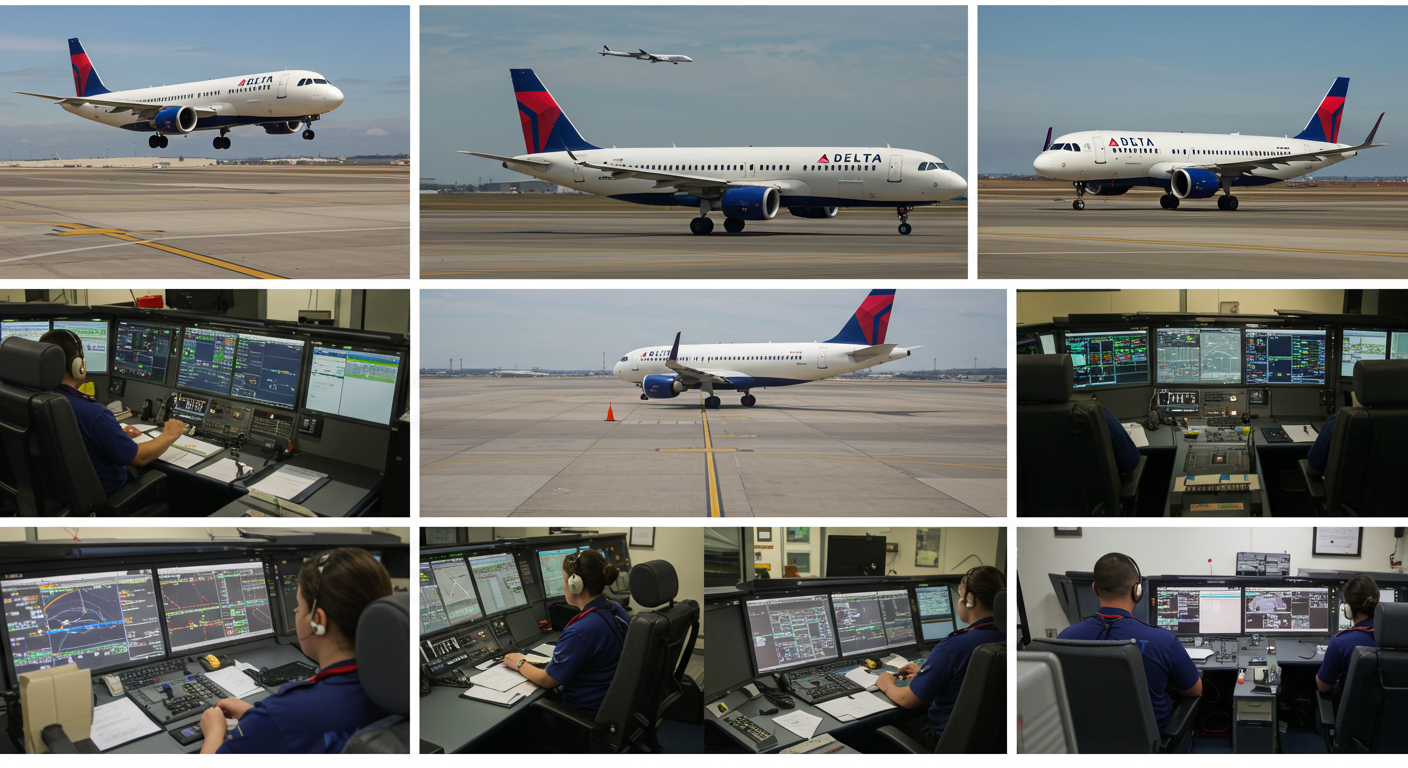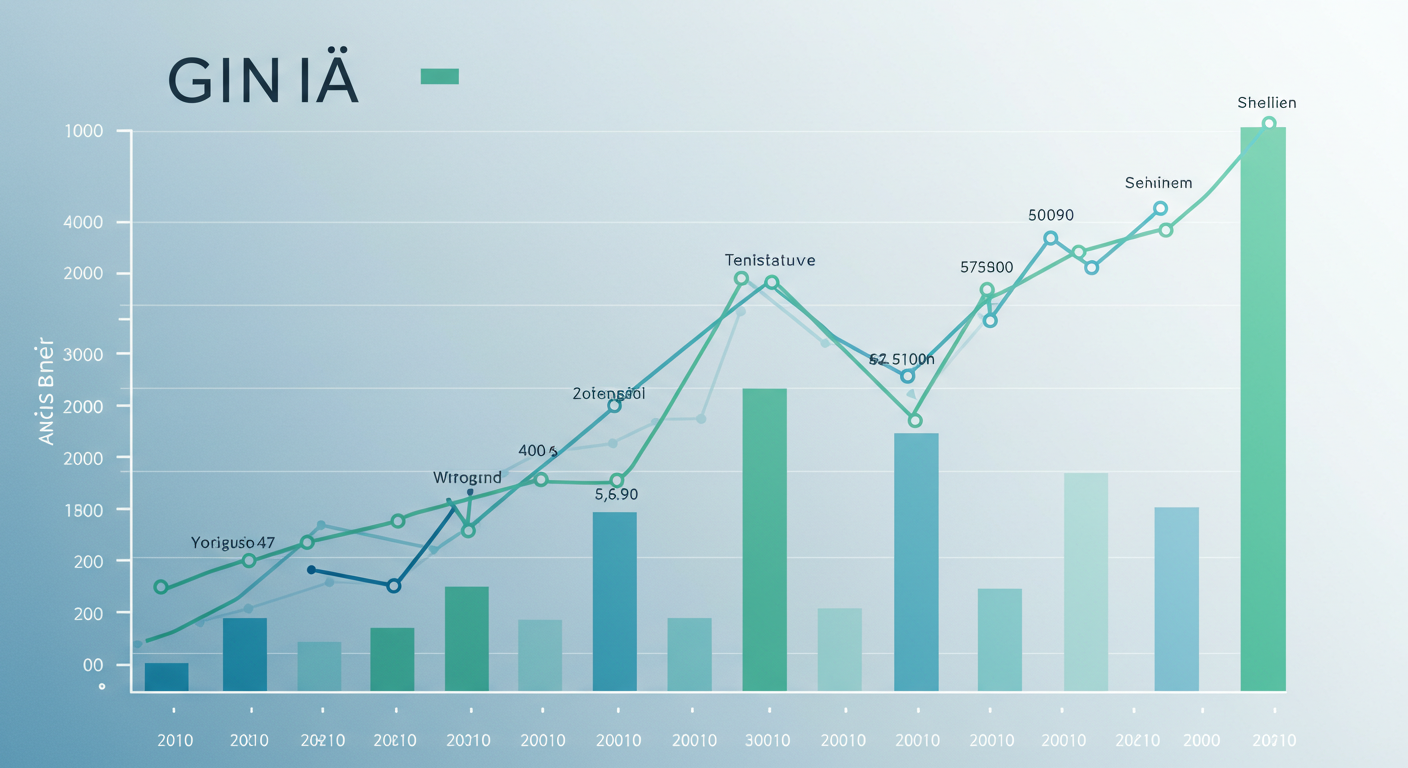Delta Flight DL275 Diversions: How Airlines Handle Unexpected Incident

Delta Flight DL275 has made headlines recently, not just for its destination but for the unexpected diversions that left passengers with mixed emotions. When a flight veers off course, it can create an array of thoughts—concern, curiosity, and sometimes even confusion. Whether it’s due to weather conditions or technical difficulties, these detours are more common than one might think. Understanding how airlines like Delta navigate through such situations is essential for every traveler. Let’s delve into what happens behind the scenes during these diversions and how they impact everyone on board.
The Importance of a Diversions Plan for Airlines
A diversions plan is crucial for airlines to ensure passenger safety and operational efficiency. When unexpected incidents arise, having a predefined strategy allows for quick decision-making.
Airlines must be prepared for various scenarios, such as severe weather or medical emergencies. A well-structured diversion protocol minimizes chaos during these situations. It also helps maintain flight schedules while ensuring that crews are equipped to handle the shift.
Additionally, transparency plays a vital role in managing expectations. Clear communication about potential diversions can alleviate anxiety among passengers. They appreciate being informed rather than left in the dark.
A solid diversions plan safeguards both travelers and airline staff. This preparation reflects an airline’s commitment to operational excellence and customer care in challenging circumstances.
Reasons for Diversions on Flights
Flight diversions can occur for various reasons, often beyond the control of airlines. Weather conditions are one of the most common triggers. Severe storms or poor visibility can force pilots to change course and land at an alternate airport.
Mechanical issues also play a significant role in diversions. If something malfunctions mid-flight, safety becomes paramount. Pilots may need to divert to ensure passengers arrive safely on the ground.
Medical emergencies present another scenario that necessitates changes in flight paths. A passenger experiencing a serious health issue might require immediate medical attention upon landing.
Air traffic control decisions can influence routes as well. Congestion at airports or unexpected delays could lead pilots to look for alternative options before they run out of fuel or time.
Security concerns cannot be overlooked. Any threat detected during flight may prompt immediate action from airline crews and necessitate a diversion for everyone’s safety.
How Delta Airlines Handles Unexpected Incidents During a Flight
Delta Airlines prides itself on its robust protocols for managing unexpected incidents during flights. When emergencies arise, the flight crew is trained to act swiftly and decisively.
Communication is key in these situations. The cockpit team informs air traffic control while keeping passengers updated through announcements. Transparency helps ease anxiety.
In addition to immediate actions, Delta has a comprehensive support system that kicks in once the aircraft lands safely. This includes medical assistance if needed and logistics for rebooking travelers affected by diversions.
The airline also conducts thorough debriefings after an incident, analyzing every detail to improve future responses. This commitment ensures that crews remain prepared for anything, providing peace of mind to both staff and passengers alike.
By prioritizing safety and clear communication, Delta Airlines effectively manages challenging situations in the sky.
Impact on Passengers and Crew during a Diversion
When a flight diversion occurs, the immediate impact on passengers can be significant. Disruptions to travel plans often lead to confusion and inconvenience. For many, it means unexpected changes in routes or potential delays.
Passengers may find themselves waiting longer than anticipated at unfamiliar airports. This uncertainty can cause frustration as they navigate through logistics that are out of their control.
For crew members, diversions introduce unique challenges as well. They must quickly adapt to new circumstances while ensuring passenger safety remains paramount. Communication becomes crucial; keeping everyone informed helps reduce anxiety.
Emotional responses vary among travelers. Some might feel anxious about the unknown, while others show resilience in adapting to sudden changes. The team aboard strives to maintain morale, providing support when needed during these unforeseen situations.
Both passengers and crew need flexibility and cooperation during such events for a smoother experience amid disruption.
Preparing for a Diversion as a Passenger
When flying, it’s wise to be prepared for unexpected circumstances, including diversions. Staying informed can make a significant difference.
Pack essential items in your carry-on. This includes medications, chargers, and snacks. You never know when you might need them during an unplanned stop.
Familiarize yourself with the airline’s policies regarding diversions. Understanding how they handle such situations helps ease anxiety.
Stay connected with flight updates through the airline’s app or website. Real-time notifications keep you in the loop about any changes to your travel plans.
Keep calm if a diversion occurs. The crew is trained to manage these situations effectively and will provide instructions as needed.
Maintain a flexible mindset. Travel can be unpredictable at times; embracing this uncertainty can enhance your overall experience in air travel.
Conclusion: Keeping Safe and Informed during Flight Diversions
Flight diversions can be unexpected and unsettling for everyone involved. Understanding how airlines like Delta handle these situations helps demystify the process. Having a solid diversion plan is crucial for maintaining safety and ensuring that passengers remain informed throughout.
There are numerous reasons why a flight, such as Delta Flight DL275, may need to divert—from weather conditions to technical issues or medical emergencies. Each reason requires swift decision-making from the crew and coordinated efforts with air traffic control.
For passengers, being prepared for a potential diversion means staying calm and informed. Knowing what to expect can alleviate anxiety during an already stressful situation. Communication from the airline plays a significant role in managing expectations.
While diversions are inconvenient, they prioritize passenger safety above all else. Airlines continuously strive to improve their response strategies so that when unexpected incidents occur, everyone involved feels supported and secure throughout their journey.



